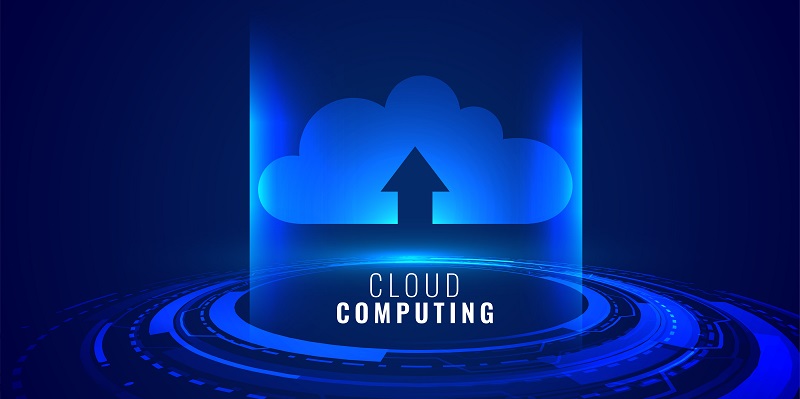Cloud computing has transformed the way various industries operate, and the realm of agriculture is no exception. With its ability to provide on-demand IT resources and access to sophisticated analytical tools, cloud computing has become a game-changer for farmers. This article explores the impact of cloud technology on agriculture, focusing on its potential to enhance precision farming, optimize resource usage, and improve sustainability.
Accessing Unprecedented Data and Tools
By harnessing the power of the cloud, farmers can now access vast amounts of data and analytical tools that were previously out of reach. This means they can make more informed decisions, optimize processes, and improve productivity.
Precision Farming
The primary advantage of cloud computing in agriculture is its ability to enhance precision farming practices. Through cloud-based platforms, farmers can utilize GPS technology, remote sensing, and other digital tools to collect and analyze data about their fields. This data-driven approach allows for the precise application of water, fertilizers, and pesticides, minimizing waste and environmental impact while maximizing crop yield.
Leveraging IoT Devices
Cloud computing facilitates the integration of Internet of Things (IoT) devices, which play a crucial role in modern agriculture. Sensors and drones, for instance, can collect vast amounts of data from the field, which are then stored and processed in the cloud. This enables farmers to monitor crop health, soil moisture levels, and pest infestations in real-time, optimizing decision-making processes.
Enhancing Supply Chain Visibility
Cloud-based solutions provide visibility into every stage of the agricultural supply chain. By utilizing cloud technology, farmers, suppliers, and retailers can seamlessly share information, reducing inefficiencies and ensuring that products reach consumers in the best possible condition. From tracking farm-to-fork, cloud computing empowers stakeholders to make data-driven decisions, optimize logistics, and minimize waste.
Overcoming Challenges
While cloud computing offers numerous benefits to the agriculture industry, its adoption is not without challenges. Reliable internet connectivity, data security, and the digital literacy of farmers are potential obstacles that need to be addressed. Governments and organizations can play a crucial role in providing necessary infrastructure and education to support farmers’ transition to cloud-based solutions.
Cloud computing has transformed agriculture by providing farmers access to advanced tools and real-time data. By harnessing the power of the cloud, farmers can optimize agricultural production, enhance sustainability, and contribute to global food security. Precision farming, leveraging IoT devices, and enhancing supply chain visibility are just a few ways cloud technology is revolutionizing the agricultural landscape. Overcoming challenges and promoting digital literacy will be crucial in ensuring that the benefits of cloud computing are accessible to all farmers, regardless of their location or resources. Embracing cloud technology in agriculture has the potential to create a more productive, efficient, and sustainable industry, contributing to a thriving global food ecosystem.

